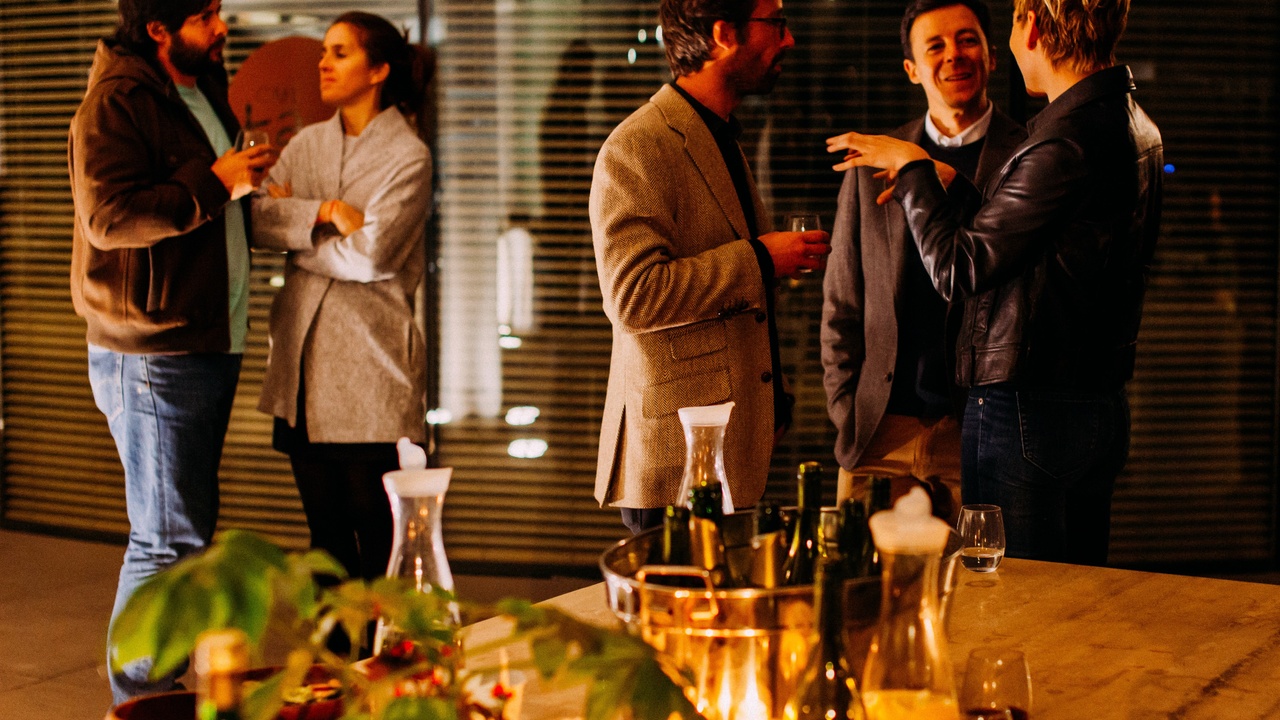7 words that will make you sound more fluent instantly!

If you want to sound more natural and spontaneous in Spanish, you’re about to learn a huge trick on how to do just that!
Many people think that the ultimate way to sound fluent and native means learning more grammar, vocabulary, etc (which of course is necessary). However, that on its own won’t give you the native distinction.
The secret is to incorporate fillers, “conversation helpers” or “muletillas” in Spanish.
These are little words and noises like “erm”, “so”, “well”, “I mean”, “right”, “you know” in English... They’re called filler words because we use them to fill in the gaps while we’re thinking about what to say next.
Well, in Spanish, there’s a whole set of them too!
And the good news is, these words are quick to learn and will instantly help you sound and feel more native, whatever your level.
Because they give a sense of smoothness to the conversation.
I remember when Pete started learning Spanish and went to Madrid for the first time… He knew very very little, but sounded like he knew so much more by being quite familiar with these 7 words!
1. Pues…
This is the equivalent of “well…” in English. It will help you get started with your sentence by giving you a couple of seconds to get your thoughts together.
- ¿Vienes al teatro mañana? (Are you coming to the theatre tomorrow?)
- Pues… (Es que) ya tengo planes… (Well… I already have plans)
Top tip: Adding “es que” helps with excusing yourself politely or declining an offer. And… you will sound totally native!
2. Es que…
This is a bit of an “all purpose” used filler to start answering a “why” or “why is…? question. Another hugely used little helper! In English “the thing is…”
- ¿Por qué estás tan cansado hoy? (Why are you so tired today?)
- Es que me acosté muy tarde ayer. (The thing is, I went to bed late last night)
3. Bueno...
Bueno literally means “good”, and as a filler could be translated as “well”:
- ¿Vas mucho a España (Do you go to Spain a lot?)
- Bueno normalmente dos o tres veces al año (Well, normally two or three times a year)
4. A ver...
It means “let’s see” and it is generally used as a great filler to give you a bit of time to breathe and think.
- A ver… ¿qué podemos hacer? (Let's see… what can we do?)
5. Vale…
Pronounced like /*Ba-lay/ You will hear this word every single day in Spain... And I would even dare to say that in pretty much every conversation! It’s the equivalent to OK.
- Me preparo y vamos a cenar, ¿vale? (I'll get ready and then we go for dinner, ok?)
- ¡Vale! (Ok!)
6. ¿Verdad?
This is used when we are looking for the other person’s confirmation. It is the word for “truth”, but it’s like “right?” after saying or asking something in English.
- La fiesta empieza a las 9, ¿verdad? (The party starts at 9, right?)
7. ¡Venga!
This popular Spanish filler is used all the time to encourage someone to do something.
- Venga, si usas estas palabras, vas a sonar muy español(a)! (Come on, if you use these words, you´ll sound very Spanish!) 🤩
So, look out for all these “muletillas”, observe how they are used and start using them too. You will sound like a native straight away!
Happy learning,
Cristina
Related Posts:


